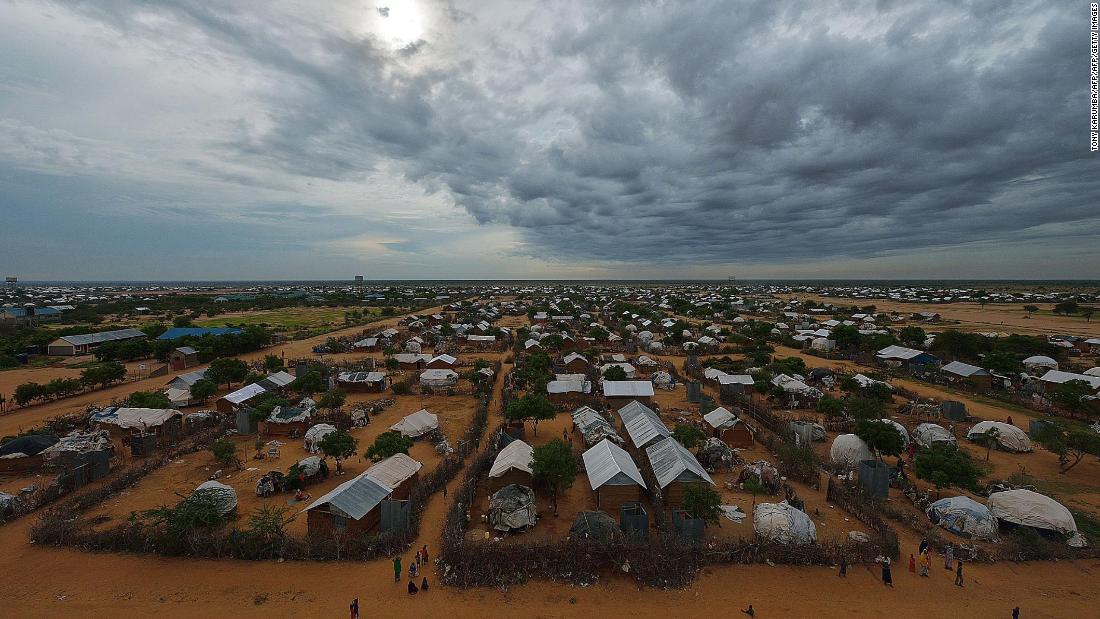
The Dadaab and Kakuma refugee camps in northern Kenya together accommodate more than 410,000 people, a small proportion of whom are from South Sudan.
Nairobi authorities first announced their intention to close the Dadaab camp, which is closer to the Somali border than Kakuma, in 2016, citing concerns about national security.
Fred Matiang’i, the interior minister, has now given UNHCR 14 days to prepare a plan to shut down both Dadaab and Kakuma, his ministry said in a tweet, adding that There was scope for further discussions on the matter.
UNHCR urged Kenya to ensure that those in need of protection continue to receive it, and pledged to maintain a dialogue.
“The decision would have implications for refugee protection in Kenya, including in the context of the ongoing COVID-19 pandemic,” he said in a statement.
The Somali authorities did not immediately respond to requests for comment.
The Kenyan government’s attempt to shut down Dadaab in 2016 was informed by intelligence reports that showed two major attacks on Kenyan targets in 2013 and 2015 involving elements in the camps. The plan was blocked by the Supreme Court, which called the move unconstitutional.
Established three decades ago, the camp was once the world’s largest refugee camp, at its peak housing more than half a million people fleeing violence and drought in Somalia.
Located in the northwest, Kakuma is home to more than 190,000 refugees, some from neighboring South Sudan.
Kenyan authorities informed UNCHR on Tuesday that it would take the refugees to the Somali border if the camps are not closed, the Daily Nation reported. The Interior Ministry told Reuters the reporting was accurate.
Kenya’s move comes as relations with Somalia deteriorate, after Mogadishu severed diplomatic ties with Nairobi last December, accusing it of meddling in its internal affairs.
The two countries are also facing the International Court of Justice over a maritime border dispute, although Kenya has boycotted the handling of the case.
The Kenyan Interior Ministry told Reuters the move to close the camps was not linked to diplomatic problems with Somalia.